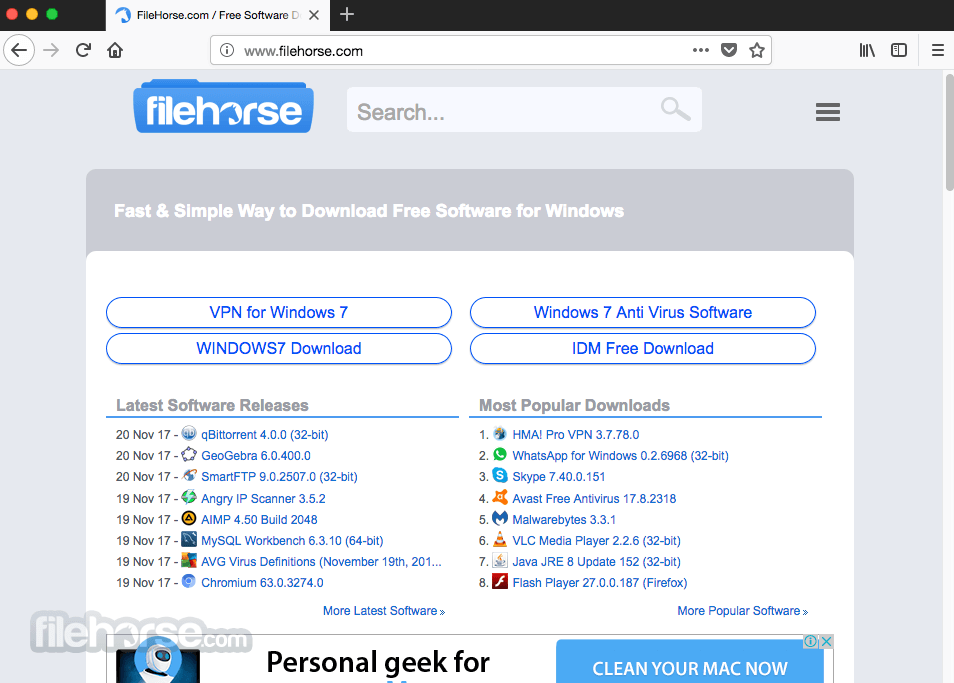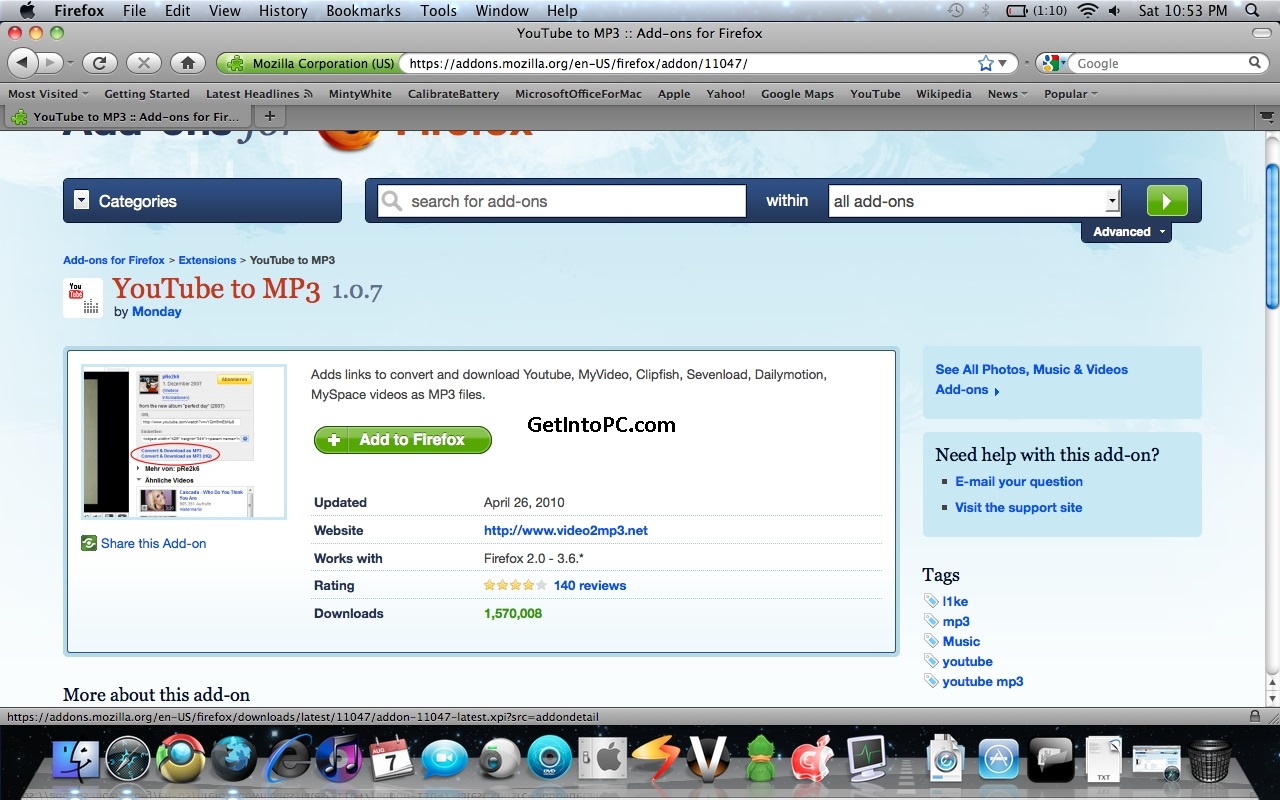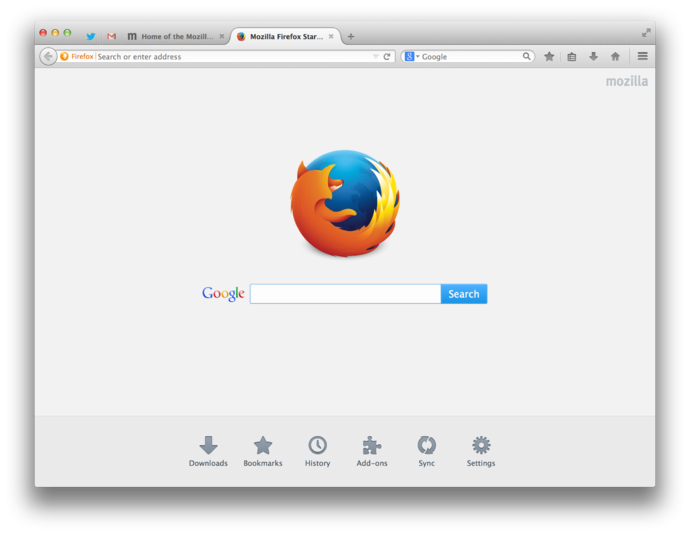

FIREFOX MOZILLA FOR MAC CODE
"RLBox makes it quick and easy to isolate existing chunks of code at a granularity that hasn't been possible with the process-level sandboxing used in browsers today." "We're writing a lot of new code in Rust, but Firefox is a huge codebase with millions of lines of C/C++ that aren't going away any time soon," Holley added. Mozilla was the founder and is the primary backer of Rust, a programming language developed as a safer replacement for C and C++, which also saw its first real-world use inside Firefox. "Security is a top priority for us, and it's just too easy to make dangerous mistakes in C/C++," Holley added, referring to the well-known security bugs that coding in C and C++ often generates, even by accident.Įfforts to move away from C and C++ have been going on at Mozilla for quite a while now.

"This is a big deal," said Bobby Holley, principal engineer at Mozilla, referring to Firefox adding RLBox support. However, an important part of their work was also adapting this sandbox and adding an universal API so RLBox could be retrofitted with existing projects, most of which feature millions of lines of code and tens third-party libraries, all different from one another. Researchers say that RLBox's WebAssembly sandbox environment was primarily based on Lucet, which is an open-source WebAssembly compiler and runtime developed by Fastly. However, while Mozilla was heavily involved with the project and Firefox will be the first app to use it, RLBox is actually a generic framework that can be used with any application.Īccording to the project's documentation page, RLBox consists of two parts: (1) a WebAssembly-based sandbox environment and (2) a programmatic API that developers can use to adapt RLBox to other applications and their older versions. In April, RLBox will also ship for Firefox 75 for Mac.įor its initial deployment, Mozilla developers have put Firefox's Graphite font library inside an RLBox sandbox.įuture plans include putting other Firefox components inside their own RLBox sandbox environment, but also expanding the project to other platforms, such as Windows. RLBox will see its first deployment in Firefox 74 for Linux, set to be released next month, in early March.

This new security sandbox model was developed as part of a joint effort between Mozilla and academics from the University of California San Diego, the University of Texas at Austin, and Stanford University. RLBox to ship with Firefox browsers next month This technique prevents bugs and exploits found inside a third-party library from impacting another project that uses the same library. Instead of isolating the app from the underlying operating system, RLBox separates an app's internal components - namely its third-party libraries - from the app's core engine. RLBox is an innovative project because it takes sandboxing to the next level. This process is called "sandboxing," and is a widely used technique that can prevent malicious code from escaping from within an app and executing at the OS level. The new technology, named RLBox, works by separating third-party libraries from an app's native code. Mozilla will add a new security sandbox system to Firefox on Linux and Firefox on Mac.

FIREFOX MOZILLA FOR MAC SOFTWARE
I'm sure there are other reasons, but to me that was enough to keep things that way instead of following what El Capitan permits.Cheat sheet: TensorFlow, an open source software library for machine learning I've got also 1Password 4 that's still working nicely between all my current browsers: if I switch to Quantum, I have to switch to 1P6 or Enpass and lose that compatibility. It's very likely that I switch back to the latest FF ESR when Chromium drops MacOS 10.11 and Waterfox abandon its pre-Quantum core - as it was the reason I switched from FF to WTF. My current main browser is Chromium, my second choice is Waterfox. maff files to be the best and lightest way to store web pages, I continue storing new pages this way - I think I've got years in front of me before changing computer to something that won't support FF52 ESR in some way (even if at some point it might be through a virtual machine). maff files stored everywhere and it's absolutely out of the question for me to spend hours converting them, so the easiest and most reliable way to read them is with FF52. I want to point out why it's still pertinent to use FF52 ESR - together with other browsers or even the most recent version of FF.įirst of all, I've got a whole lotta.


 0 kommentar(er)
0 kommentar(er)
